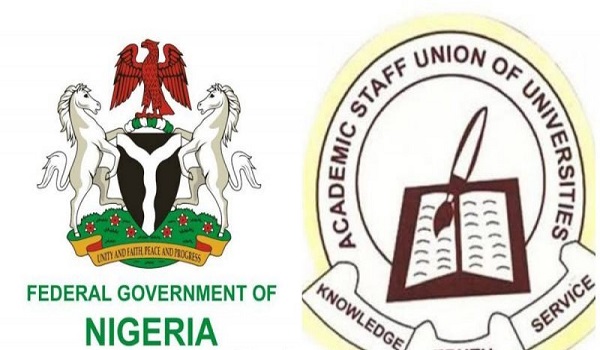The Nigerian Minister of Education, Mallam Adamu Adamu, has on Wednesday disclosed that the federal government does not intend to pay the remainder of the Academic Staff Union of Universities (ASUU) salaries for the month of October.
The minister confirmed the federal government’s stance after the Federal Executive Council (FEC) meeting, presided over by President Muhammadu Buhari, at the Presidential Villa, Abuja.
What they are saying
Responding to newsmen, Mallam Adamu Adamu said “the strike has been called off and the government has paid them what is due to them. I think that’s the position of the government; that it is not going to pay anyone for work not done and they only did, I think, the number of days that they were paid.”
Why it matters
As part of the matters arising, ASUU members are aggrieved that the federal government paid half of their salaries for the month of October, as against paying for the entire period, the university union was on strike.
- This is likely one of the grey areas which both parties (Federal Government and ASUU) failed to agree upon, despite the union suspending the strike back in October. To re-echo its grievances, ASUU declared a lecture free day across the member universities.
The big picture
The declaration of the federal government stance could trigger the university union to embark on another strike or return to court.
- Neither of the above-mentioned scenarios is in the best interest of Nigerian students. On the flip side, the unaddressed demands do not outrightly improve the country’s educational system or the welfare of its lecturers.
Brief background to the story
ASUU finally called off its eight-month strike on the 14th of October after the intervention of the National Industrial Court and the leadership of the House of Representatives. ASUU suspended the strike in obedience to the court ruling to resume work before a condition precedent for the appeal can be heard.
- In the speech suspending the second longest strike since 1992, the university union noted that “the issues in dispute were yet to be satisfactorily addressed.” One of which was the “no work no pay policy”.

